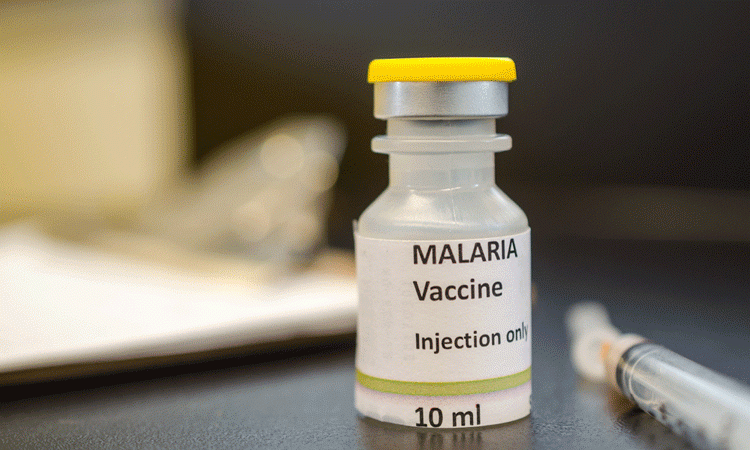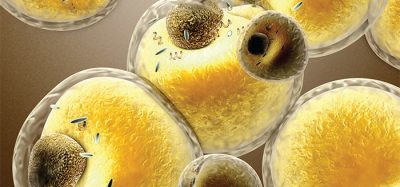Malaria vaccine targets PMIF
Posted: 13 July 2018 | Drug Target Review | No comments yet
A new malaria vaccine targets the protein PMIF, which is crucial in the life cycle of malaria parasites…

A malaria vaccine has been created that protects against malaria in mouse models, researchers from Yale University report. This paves the path towards a human vaccine which targets the protein used by parasites to evade the immune system.
In a previous study, senior author, Dr Richard Bucala described Plasmodium Macrophage Migration Inhibitory Factor (PMIF), a unique protein produced by malaria parasites which supresses memory T cells.
Dr Bucala and his team tested an RNA based vaccine designed to target PMIF. They used a strain of the parasite with PMIF genetically removed in mice, observing that these mice developed memory T cells, showing stronger anti-parasite immunity. Two more mouse models infected with malaria were used to test the effectiveness of a vaccine using PMIF.
One model had a late-stage blood infection, with the other an early stage liver infection, both from parasites carried by mosquitoes. In both models, the vaccine protected the mice against reinfection.
A final test conducted by the researchers, saw memory T cells transferred from the immunised mice, to mice never exposed to malaria. These mice were also shown to be protected.
“If you vaccinate with this specific protein used by the malaria parasite to evade an immune response, you can elicit protection against re-infection,” said Bucala. “To our knowledge, this has never been shown using a single antigen in fulminant blood-stage infection.”
The results of this study indicate that PMIF is crucial to the life cycle of the parasite, as it ensures transmission through to new hosts. The study also demonstrates the effectiveness of the anti-PMIF vaccine.
The researchers noted that as PMIF had been conserved by evolution in various strains of malaria, and also targets a host pathway, it would be ‘virtually impossible’ for the parasite to develop resistance to the vaccine.
The team recognised that the next step is to develop a vaccine for young children, and others who had not experienced malaria.
“The vaccine would be used in children so that they would already have an immune response to this particular malaria product, and when they became infected with malaria, they would have a normal T cell response, clear the parasite, and be protected from future infection,” Dr Bucala stated.
Malaria is the second cause of infectious disease worldwide and was the cause of greater than half a million lives in 2013. No completely effective vaccine exists, which makes the results of this study promising.
Other parasitic pathogens also produce MIF-like proteins, which suggests that this approach may be generalisable to other diseases.
The researchers collaborated with Novartis Vaccines Inc., and reported the study in Nature Communictions.
Related topics
Disease Research, Drug Discovery, Vaccine
Related conditions
Malaria
Related organisations
Novartis, Yale University
Related people
Dr Richard Bucala







